Holocaust Remembrance in the Digital Era. Practices, Challenges, and Ideas - Instytut Pileckiego
Holocaust Remembrance in the Digital Era. Practices, Challenges, and Ideas
Eine Online-Diskussion anlässlich des Internationalen Tags des Gedenkens an die Opfer des Holocaust, welcher an die Befreiung des Konzentrationslagers Auschwitz vor 77 Jahren erinnert.
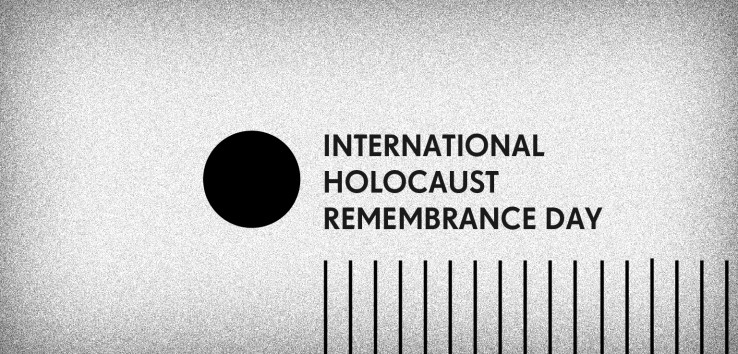
Auch dieses Jahr diskutieren wir in einem internationalen Expertenkreis über gegenwärtige, mit der Geschichte des Holocausts verbundene Herausforderungen für Erinnerungskulturen anlässlich des Internationalen Tags des Gedenkens an die Opfer des Holocaust. Die Diskussion findet auf Englisch statt.
25.01, 18.00 | Online panel discussion | Register at: https://zoom.us/webinar/register/WN_j4RQbmikR9a71J0EPxJJEg
"Holocaust Remembrance in the Digital Era. Practices, Challenges, and Ideas"
On the anniversary of the liberation of the German concentration and extermination camp Auschwitz-Birkenau, on January 27, we commemorate all victims of the Holocaust. On this occasion, memory practitioners from Polish and German institutions will join us to discuss contemporary memory practices in the digital age and in peculiar times which saw the rise of a global pandemic.
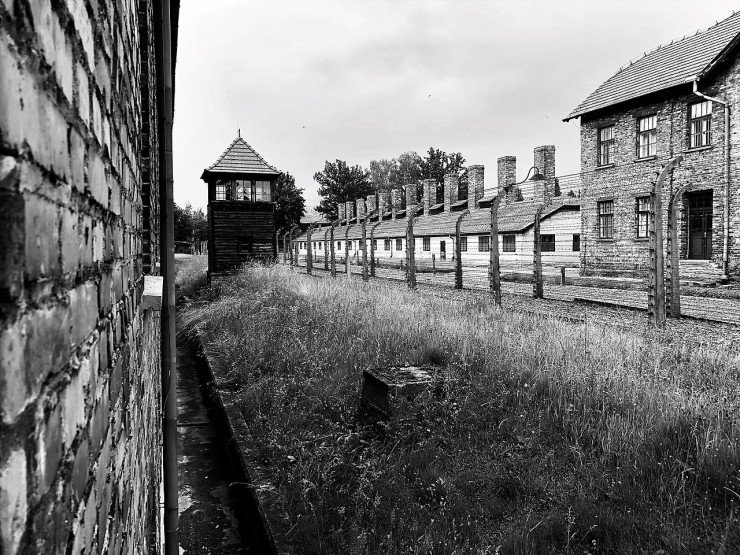
Along with the ever-growing central challenge of how to teach history as more and more witnesses pass away we will discuss the following issues:
• What are the most pressing challenges for public memory today and in the future?
• How to cultivate the memory of the totalitarian crimes of the Third Reich?
• What role does the memory of the heroism of the Warsaw Ghetto Uprising fighters play in the contemporary public memory landscape?
• How to raise public awareness about the history of somewhat lesser known extermination camps such as Treblinka, Belzec or Sobibor?
• How to develop effective educational tools, build a culture of dialogue and reconciliation that embraces young generations from different countries?
• How to maintain a bond with departing witnesses of history for the future generations?
Panelists:
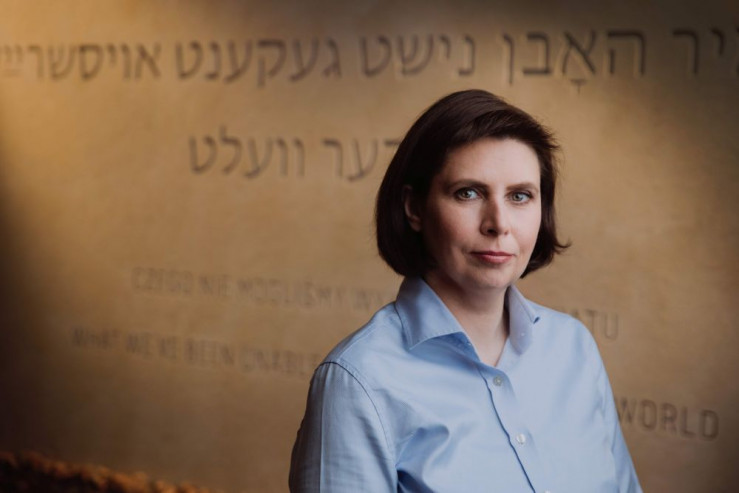
- Monika Krawczyk (Director, Jewish Historical Institute, Warszawa)
This discussion will be attended by the director of the Jewish Historical Institute – that houses the Ringelblum Archive - the Archives of the Warsaw Ghetto. Every year, this institution commemorates the beginning of the deportations from Warsaw to Treblinka (10 July) and the extermination of the half-million Jewish community of Warsaw, the Warsaw Ghetto Uprising and the Treblinka II extermination camp.
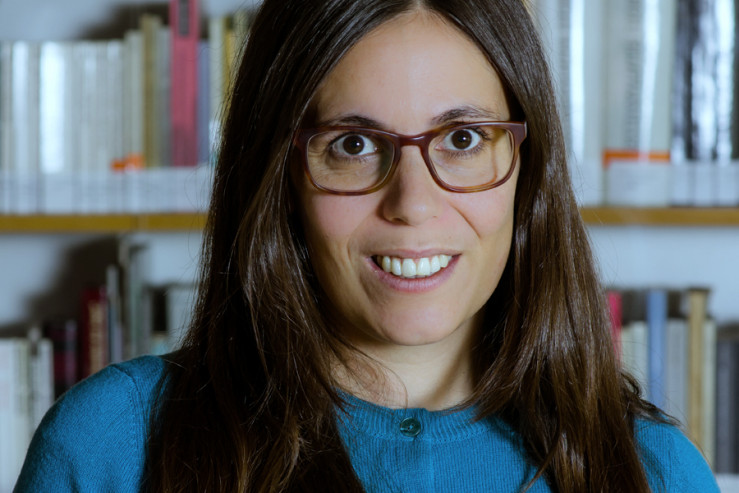
- Judith Hoehne-Krawczyk (Deputy Head of the Education and Program Department at the International Youth Meeting Centre in Oświęcim/Auschwitz)
The second panelist is the director of the International Youth Meeting Center in Oswiecim, an institution of tremendous importance in the history of Polish-German reconciliation. For 35 years, the Center has been working with former prisoners of Auschwitz and organizing youth meetings based on the history of Auschwitz.
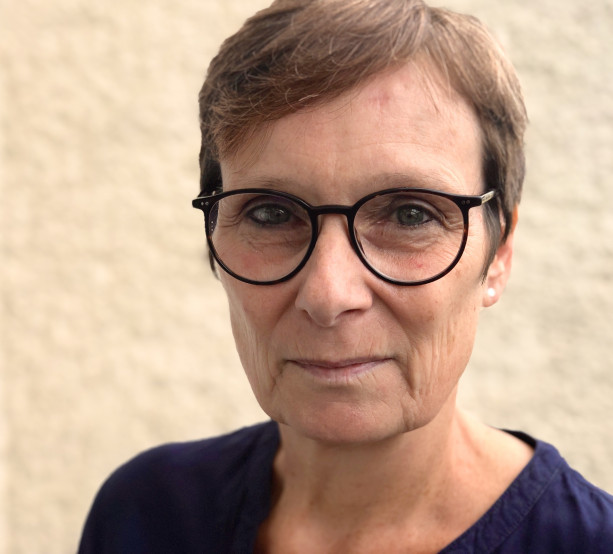
- Elke Gryglewski (Director, Stiftung niedersächsische Gedenkstätten, Bergen-Belsen Memorial)
The third panelist, the director of the memorial site Bergen Belsen has been organizing workshops for teachers and multipliers for years and takes educators to meetings and workshops in the east of Poland - to the Majdanek Museum, as well as to the Sobibor extermination camp memorial site.
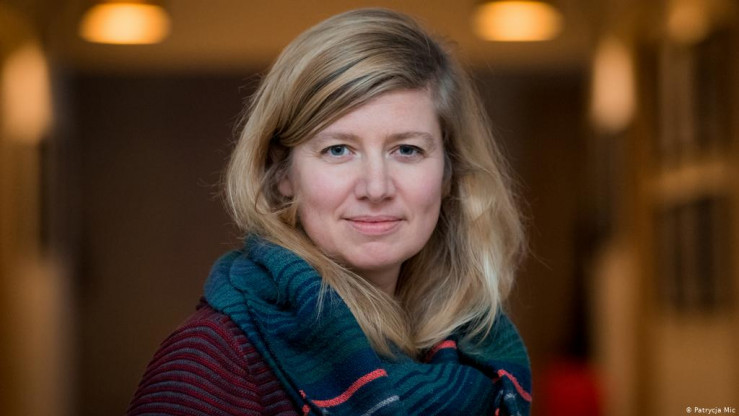
- Moderator: Hanna Radziejowska (Director, Pilecki Institute in Berlin)
The Pilecki Institute in Berlin safeguards the testimony of Witold Pilecki who, as a volunteer-prisoner, created a resistance movement in Auschwitz, collected information about German crimes and informed the world about them.
Watch the previous online discussion "Auschwitz and the Challenges of Historical and Civic Education" with Piotr Cywiński, Michaela Küchler, Deborah Hartmann, Hanna Radziejowska and Mateusz Fałkowski, 25.01.2021
Zobacz także
- Studentische Hilfskraft (w / m / d)
News
Studentische Hilfskraft (w / m / d)
Studentische Hilfskraft (w / m / d)
- Frohe Weihnachten!
News
Frohe Weihnachten!
Das Institut bleibt vom 22.12.2025 bis einschließlich 06.01.2026 geschlossen und ist ab dem 07.01.2026 wieder geöffnet.
- Richard Herzinger: Ein Patriot der Freiheit
News
Richard Herzinger: Ein Patriot der Freiheit
Gedenkrede und Fotos von Beisetzung
- Bekanntgabe
News
Bekanntgabe
Bekanntgabe des Ergebnisses des Auswahlverfahrens für die Leitung der Außenstelle des Pilecki-Institus
- Zum 86. Jahrestag der "Sonderaktion Krakau"
News
Zum 86. Jahrestag der "Sonderaktion Krakau"
Sie verkörpert das Wesen der deutschen Besatzung Polens: die Vernichtung der polnischen Bildungsschichten und damit der polnischen Identität. Zugleich erschließt sie universelle Lehren über die Handlungsmuster totalitärer Regime.
- Neuer Ukraine-Podcast!
News
Neuer Ukraine-Podcast!
OUT NOW! Folge 4: "Die Revolutionen von 1917-1921"
- Wir gratulieren Karl Schlögel
News
Wir gratulieren Karl Schlögel
...zum Friedenspreis des Deutschen Buchhandels!
- Nachruf für Richard Herzinger (1955–2025)
News
Nachruf für Richard Herzinger (1955–2025)
Lieber Herr Herzinger, Sie werden uns sehr, sehr fehlen – mit Ihrer herzlichen, zugleich direkten Art, Ihrem unendlichen enzyklopädischen Wissen, Ihrer moralischen Klarsicht und Ihren stets bereichernden Beiträgen in so vielen Bereichen.
- Heute geschlossen
News
Heute geschlossen
Aus betrieblichen Gründen bleibt das Institut am heutigen Samstag, den 25. Oktober, geschlossen.
- Auswahlverfahren für die Stelle des Leiters des PIlecki-Instituts in Berlin!
News
Auswahlverfahren für die Stelle des Leiters des PIlecki-Instituts in Berlin!
Alle wichtigen Infos
- Zum Tag der Deutschen Einheit
News
Zum Tag der Deutschen Einheit
Liebe Freunde, alles Gute zum 35. Jahrestag der Deutschen Einheit!
- BREAKING - OFFIZIELLE ERKLÄRUNG
News
BREAKING - OFFIZIELLE ERKLÄRUNG
Das Pilecki-Institut gibt bekannt, dass Hanna Radziejowska und Mateusz Fałkowski ihre Arbeit in der Berliner Niederlassung wieder aufnehmen.